Premium Only Content
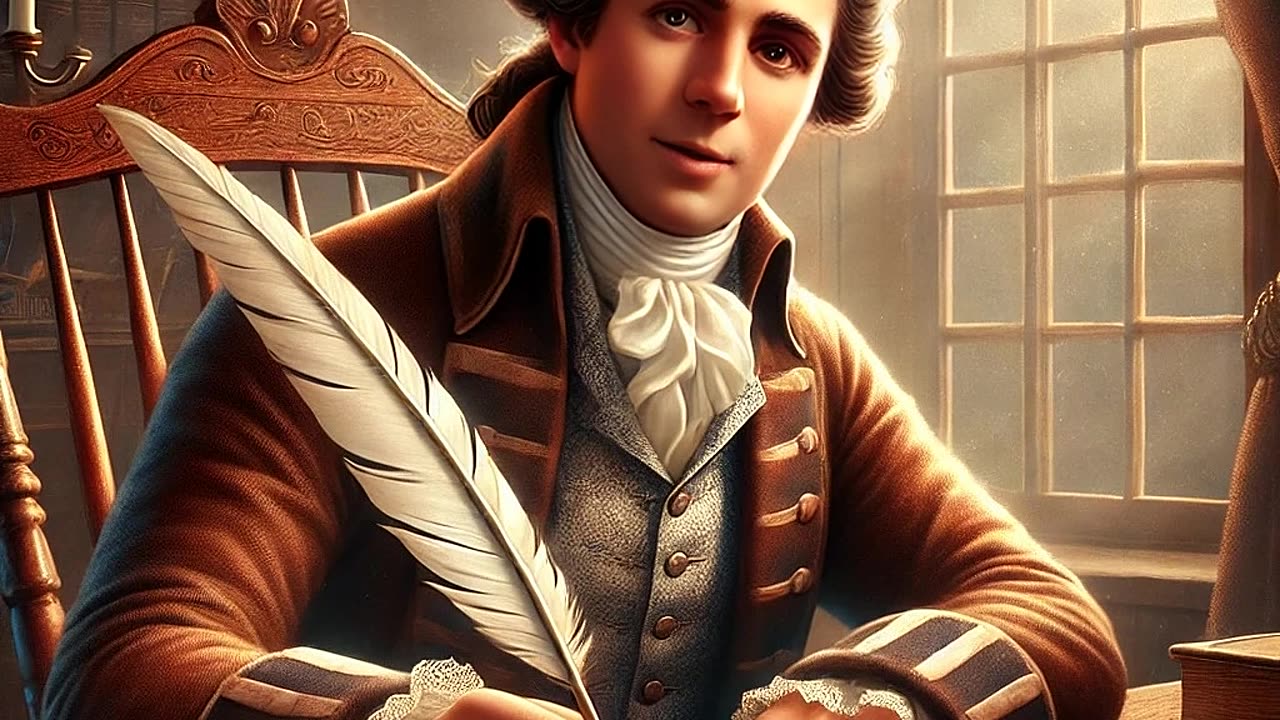
George Mason, the "Forgotten Founding Father," Tells Why He Couldn't Sign the Constitution
Presented to you by: http://www.HistoricalConquest.com
Read more on our blog at: https://www.historicalconquest.com/blog
Hello there, my name is George Mason, and I’m often called the "forgotten Founding Father" of the United States. While I didn’t sign the U.S. Constitution, my ideas and principles deeply shaped the foundation of our country. Let me share my story with you and explain why individual rights and freedoms were at the heart of everything I fought for.
I was born in 1725, in Fairfax County, Virginia, on a plantation. I didn’t go to a fancy school like some of the other Founding Fathers, but I had access to a good education, primarily through private tutors. Growing up, I developed a love for history, philosophy, and government. My early years were shaped by the values of independence, hard work, and personal liberty. Like many in Virginia at the time, my family owned land and slaves, a contradiction I would struggle with later in life.
When I reached adulthood, I got involved in politics, not because I was ambitious for fame or power, but because I believed in defending the rights of everyday people. I was always more interested in local issues and how government decisions impacted ordinary citizens. My deep belief in personal liberty and limited government pushed me into the spotlight during the revolutionary period. In 1759, I became a member of the Virginia House of Burgesses, the legislative body that would play a major role in resisting British policies.
As the conflict with Britain intensified, I knew that the American colonies needed to take a strong stand for their rights. In 1776, I was asked to draft the Virginia Declaration of Rights, one of my most important contributions to history. This document was one of the first to articulate the idea that all men are born with natural rights, rights that government must protect. It was a groundbreaking concept at the time, and it directly influenced both the Declaration of Independence and the Bill of Rights in the U.S. Constitution. In fact, Thomas Jefferson borrowed several of my ideas when he wrote the Declaration.
My declaration stated that "all men are by nature equally free and independent," and it also emphasized the importance of freedom of the press, religious liberty, and the right to a fair trial. It was clear to me that a government must be limited in its powers and must always serve the people, not the other way around. I was particularly worried about the possibility of tyranny, whether it came from a king or a central government.
After the Revolutionary War, the United States needed a stronger national government, so in 1787, I attended the Constitutional Convention in Philadelphia. I was part of the discussions and debates about how the new government should be structured, but there was something that deeply bothered me: the Constitution, as it was being written, lacked specific protections for individual rights. I refused to sign the final document because it did not include a Bill of Rights.
I believed that without clear protections for personal freedoms, the new government would become too powerful and could easily trample the rights of the people. Many of my fellow delegates disagreed with me at the time, but my persistence paid off when the Bill of Rights was added to the Constitution in 1791. Those first ten amendments, which include freedom of speech, the right to bear arms, and protection from unreasonable searches, owe a lot to my insistence on safeguarding personal liberties.
Throughout my life, I valued principles over power, and I fought to make sure that the government served the people and not the other way around. I never sought the spotlight, but I believed deeply in the cause of liberty, and that is what guided my every action.
So, when you think about the freedoms you have today—whether it’s the freedom to speak your mind or practice your religion—remember that these rights weren’t just handed over. They were fought for by people like me, who believed that government must always protect the rights of individuals.
Visit us at: https://www.historicalconquest.com/marketplace
#historicalconquest #history #historical #RevolutionaryWar #AmericanRevolution #AfricanAmerican #BlackAmerican #Freedom #Slavery #Liberty #Independence #Justice #Freedom #colonialera #colonialamerica #constitution #usconstitution #unitedstates #unitedstatesofamerica
-
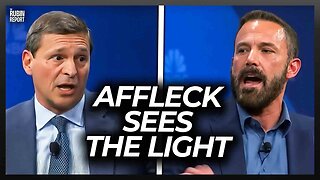 51:53
51:53
The Rubin Report
1 hour agoCrowd Shocked by Ben Affleck’s Unexpected Take on This Massive Change
24.7K19 -
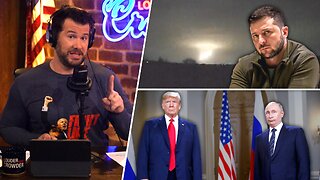 2:07:25
2:07:25
Steven Crowder
4 hours agoBREAKING: Russia Launches ICBM for First Time in History - What Happens Next?
297K163 -
 LIVE
LIVE
The Shannon Joy Show
4 hours ago🔥🔥While Americans Are Watching WWE Politics: Australia Is Ramping Up MANDATORY Digital ID🔥🔥
450 watching -
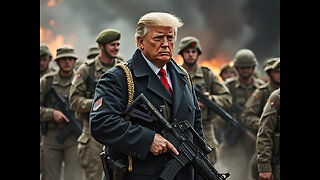 LIVE
LIVE
LFA TV
14 hours agoTHE FIGHT IN ONLY BEGINNING! | LIVE FROM AMERICA 11.21.24 11am EST
5,603 watching -
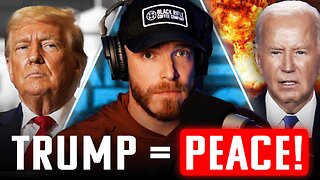 1:18:10
1:18:10
Graham Allen
5 hours agoPutin Vows Peace With Trump But WAR Under Biden!! + 400,000 Kids Are MISSING?!
97.6K180 -
 2:11:07
2:11:07
Matt Kohrs
12 hours agoMSTR Squeezes Higher, Bitcoin To $100k & Nvidia Post Earnings || The MK Show
47.6K1 -
 42:07
42:07
BonginoReport
6 hours agoNikki Haley's Hatred of Tulsi Gabbard Just Made Me a Bigger Fan (Ep.90) - 11/21/24
98.5K208 -
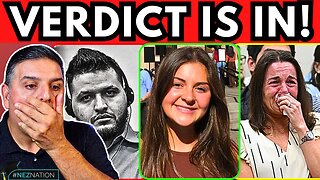 28:41
28:41
Professor Nez
11 hours ago🚨BLOOD on their HANDS! The Man Biden & Kamala Flew In Finally Faces JUSTICE for Laken Riley
50.7K29 -
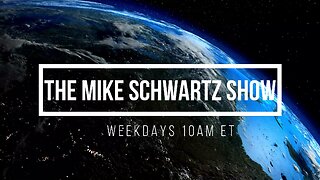 1:06:27
1:06:27
2 MIKES LIVE
4 hours agoThe Mike Schwartz Show 11-21-2024
58.5K2 -
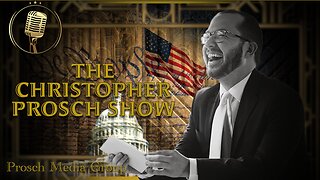 15:07
15:07
PMG
13 hours ago $1.14 earned"President Trump's Cabinet is Amazing!"
61.2K